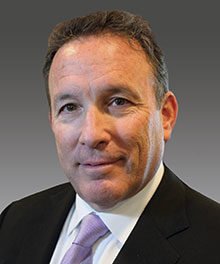The True Olympic Gold Standard

If Sid Caesar had not passed away this week at the age of 91, he would have found a treasure-trove of material in Sochi. From American bobsledder Johnny Quinn punching his way through a jammed hotel bathroom door, to the contaminated water, unfinished construction and (purported) shower surveillance that have plagued athletes and journalists, the 2014 Winter Olympics have provided a steady stream of late night one liners. But alongside the short-comings of the host city’s hospitality, Sochi also symbolizes a much more insidious fault line within the character of modern-day Olympics. Unbridled commercialism.
You have to wonder how the International Olympic Committee arrived at the decision to give the winter games to Russia, knowing that Sochi was a wasteland that would need a total and complete overhaul, from basic infrastructure to world-class facilities capable of housing the largest and most important sporting event on the planet. You can’t blame President Vladimir Putin, or any other national leader, for courting the Olympic Committee. Landing the summer or winter games can revive a failing local economy and restore national pride like a shot in the arm. But you don’t have to be a genius to recognize that the committee was incentivized to not notice that Sochi was ill-prepared to provide for the basic necessities of the tens of thousands of athletes, journalists and fans who would descend on the seaside town. It’s hard to imagine any other explanation.
More disheartening is the continuing devolvement of the Olympics into a showcase for professional athletes and their sponsors. The amateur vs. pro debate is not unique to Sochi, nor is it new. Pros have been permitted to compete since the “Dream Team” of Michael Jordan, Magic Johnson, Larry Byrd and other NBA stars took the gold medal for basketball in 1992. But that is what the NBA Championships are for. And the World Series. And the Super Bowl. The Olympics is not supposed to be another platform for full-time, professional athletes, with all the resources and advantages of deep-pocketed sponsors, to prevail. It’s not supposed to be about dollar signs. It’s supposed to be about humans at their physical best; a celebration of the human ideal.
The original Olympians were not branded by Ralph Lauren. In fact, they were not clothed at all. Now, I’m not suggesting that the Olympics revert to competition in the nude. But I do think that stripping away the commercial trappings would restore much of the original spirit for which the Olympics was intended. At the risk of cliché, the Olympics, of all events, should be a level playing field on which the human capacity to triumph all on its own is celebrated.
With a nod to Caesar (Sid), that would be a real show of shows.
Julie Gross Gelfand contributed to this posting
